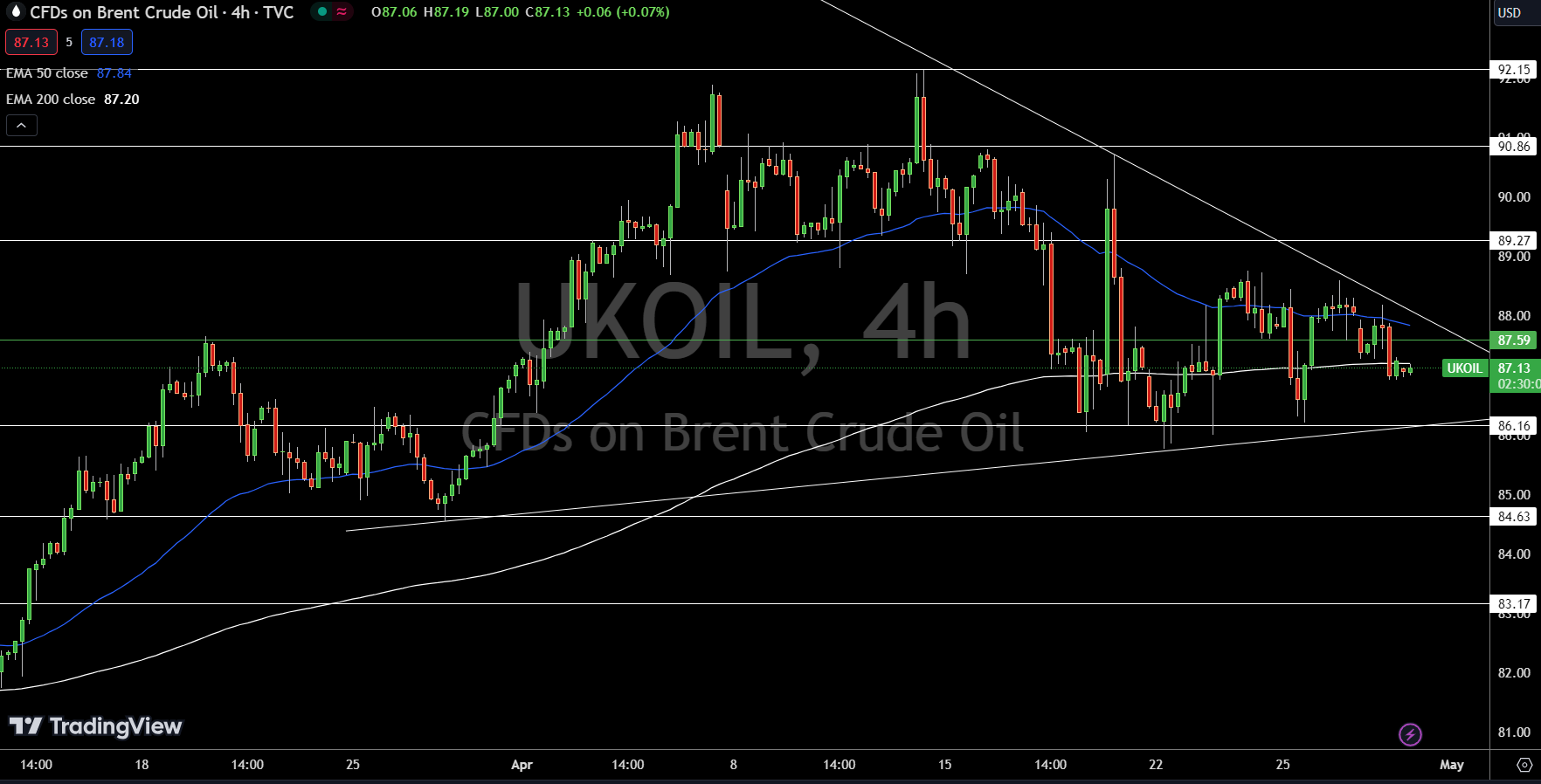
Breaking: Gaza Eases Tensions With Ceasefire and Hostage Exchange
Easing Tensions in Gaza: A Fragile Ceasefire and Hostage Exchange
In a significant de-escalation of tensions, Gaza has announced a ceasefire agreement with Israel, coupled with a prisoner exchange that has brought hope for normalcy to the region. This breakthrough follows mounting international pressure and intensive negotiations, offering a glimmer of hope amidst the complex and volatile conflict.
Ceasefire: A Step Towards Stability
The ceasefire, brokered by Egypt, went into effect on Thursday, marking a crucial step in reducing hostilities between the two sides. While previous ceasefires have been short-lived, this agreement appears to be more comprehensive, addressing underlying issues that have fueled the conflict.
A key factor in the ceasefire’s potential success is the involvement of Egypt, a trusted mediator with long-standing relationships with both parties. Egypt has played a pivotal role in brokering past agreements and is expected to continue monitoring the situation closely.
Hostage Exchange: A Gesture of Goodwill
As part of the ceasefire agreement, Gaza has released four Israeli hostages in exchange for the release of Palestinian prisoners held in Israeli custody. This exchange symbolizes a goodwill gesture and a potential pathway towards further reconciliation.
The Israeli government has welcomed the release of its citizens, while the Palestinian Authority has expressed relief and gratitude for the return of its prisoners. This act of empathy could build trust between the two sides and pave the way for future dialogue.
Complexities and Challenges
Despite the positive developments, it is essential to acknowledge the complexities and challenges that lie ahead. The ceasefire and hostage exchange are only small steps in the broader context of the Israeli-Palestinian conflict.
Underlying Causes: The root causes of the conflict, including territorial disputes, political ideologies, and historical grievances, remain unresolved. Unless these issues are addressed through meaningful negotiations, there is a risk of future flare-ups.
Fragile Trust: The ceasefire and prisoner exchange represent a fragile step towards trust-building between Israel and Gaza. However, this trust can be easily shattered by any violations or perceived provocations. Sustaining the ceasefire and fostering lasting peace will require ongoing efforts and commitment.
International Perspectives
The ceasefire and hostage exchange have been met with cautious optimism from the international community. Many see it as a positive development that could potentially de-escalate tensions and create space for diplomatic solutions.
However, some critics argue that the agreement only addresses the short-term symptoms of the conflict without tackling the underlying causes. They emphasize the need for a comprehensive peace process that addresses all aspects of the dispute, including the establishment of a viable Palestinian state.
Reflection on the Broader Implications
The ceasefire and hostage exchange in Gaza serve as a reminder of the complexities and challenges of conflict resolution. While it is a positive step towards easing tensions, it is only a small part of a much larger puzzle.
The international community has a crucial role to play in supporting sustainable peace efforts, not only through conflict mediation but also through addressing the underlying causes of conflict. This includes promoting economic development, addressing human rights concerns, and fostering reconciliation between warring parties.
Ultimately, the path to lasting peace requires a commitment from all sides involved. It demands political will, empathy, and a shared vision of a just and peaceful future for all.
